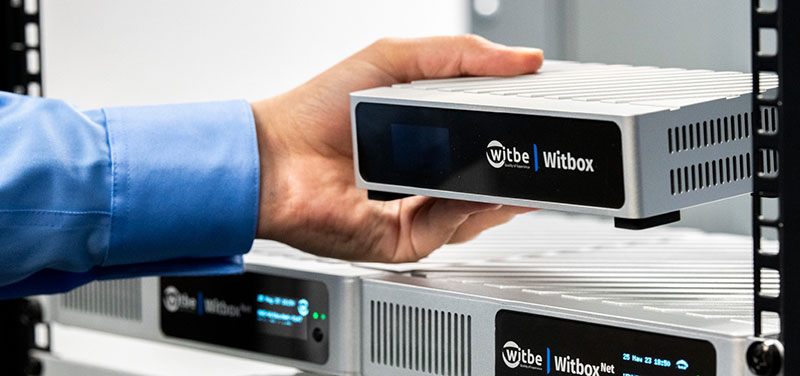Broadpeak adds QoD Network API Intelligence to BkS450 streaming software, successfully test with Deutsche Telekom’s Network APIs and Microsoft Azure Programmable Connectivity.

Broadpeak has joined forces with Microsoft Azure and Deutsche Telekom Global Carrier to deliver video streaming experiences to viewers on mobile devices. Broadpeak has contributed BkS450 video streaming software to the project, enhanced with Quality on Demand (QoD) Network APIs and able to improve the stability of video streaming for mobile users. Azure Programmable Connectivity (APC) and Deutsche Telekom’s Network API support are also used to process and enforce the QoD requests. The three parties have now successfully tested the combined system on the Telekom Edge Cloud platform in Berlin.
The purpose of a QoD API is to serve as a programmable interface for developers or other users to request stable latency or consistent rate of throughput, managed by telecommunications networks, without having an in-depth knowledge of the 4G/5G system or of the complexity of the telecom systems generally.
“The bandwidth available to 4G and 5G mobile users can sometimes drop momentarily, at busy hours or during popular streaming events,” said Guillaume Bichot, head of exploration at Broadpeak. “We have successfully addressed this issue with our proof-of-concept demonstration of the industry’s first video streaming software enhanced with QoD Network APIs. It means that BkS450 can help communication service providers, pay-TV operators and video content providers maintain quality of delivery when operating mainstream streaming services in challenging network conditions.”
Broadpeak’s BkS450 streaming software, enhanced with QoD Network APIs, increases the network bandwidth made available to specific users when the video streaming experience starts to deteriorate. Once network conditions return to normal, the bandwidth adjustment is released. In the end-to-end workflow, APC is the first destination point for Broadpeak’s streaming software API call. APC triggers Deutsche Telekom’s QoD Network API, whose mobile network then enforces the requested QoD boost for the users that need it.

The outcome is a more stable streaming service for mobile and fixed wireless customers, with the highest-possible quality, even when network conditions are challenging.
“One of the most common ways to watch video content today is streaming on mobile devices, but the quality of experience has to be high and reliable, even when the network is busy, to keep users satisfied,” said Ross Ortega, vice president, product management, Microsoft Azure for Operators. “Using Microsoft Azure Programmable Connectivity with the developments from Broadpeak and Deutsche Telekom, communication service providers can establish a consistent, predictable quality of experience for video streaming on any screen.”
Broadpeak will be in a better position to increase the value of operators’ networks for video distribution – augmenting their network capabilities and leading to greater monetisation.
“We’re pleased to join Broadpeak and Microsoft Azure in bringing superior-quality streaming to the mobile world with our network APIs,” said Noel Wirzius, product manager for network APIs at Deutsche Telekom Global Carrier. “Testing in our lab showed tremendous outcomes for streaming quality of experience. When artificially pushing the cell load to its limits, users benefiting from the QoD Network API saw smooth streaming sessions with high resolution, while everyone else experienced video freezes and poor image quality.”
Broadpeak is also demonstrating the tested proof-of-concept version at Mobile World Congress 2024, on their own stand as well as at the Deutsche Telekom and the Microsoft stand. broadpeak.tv




















